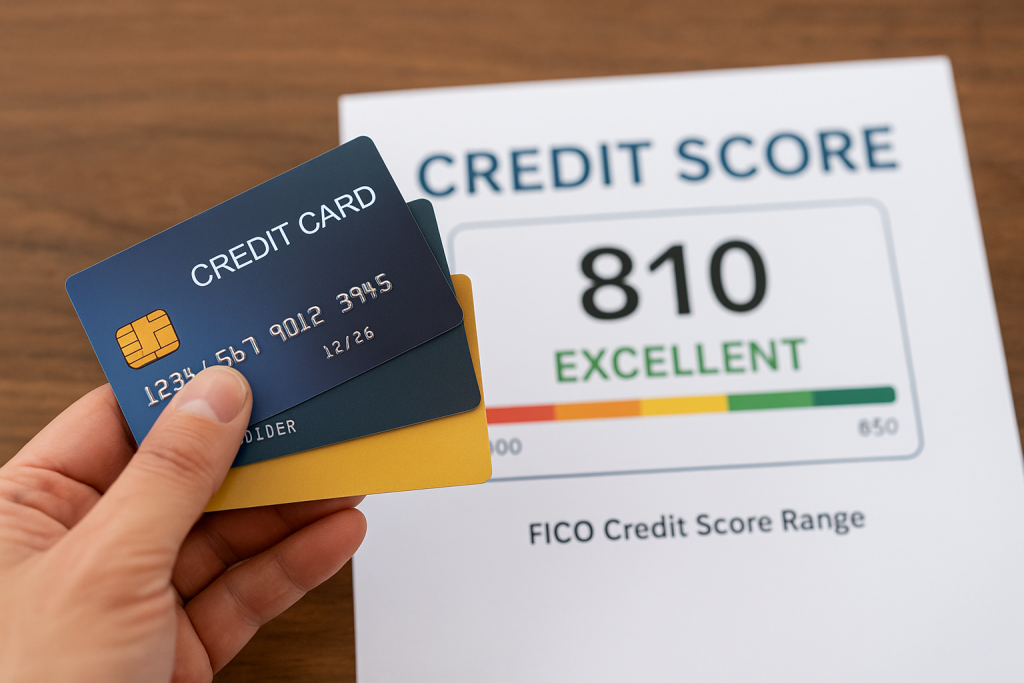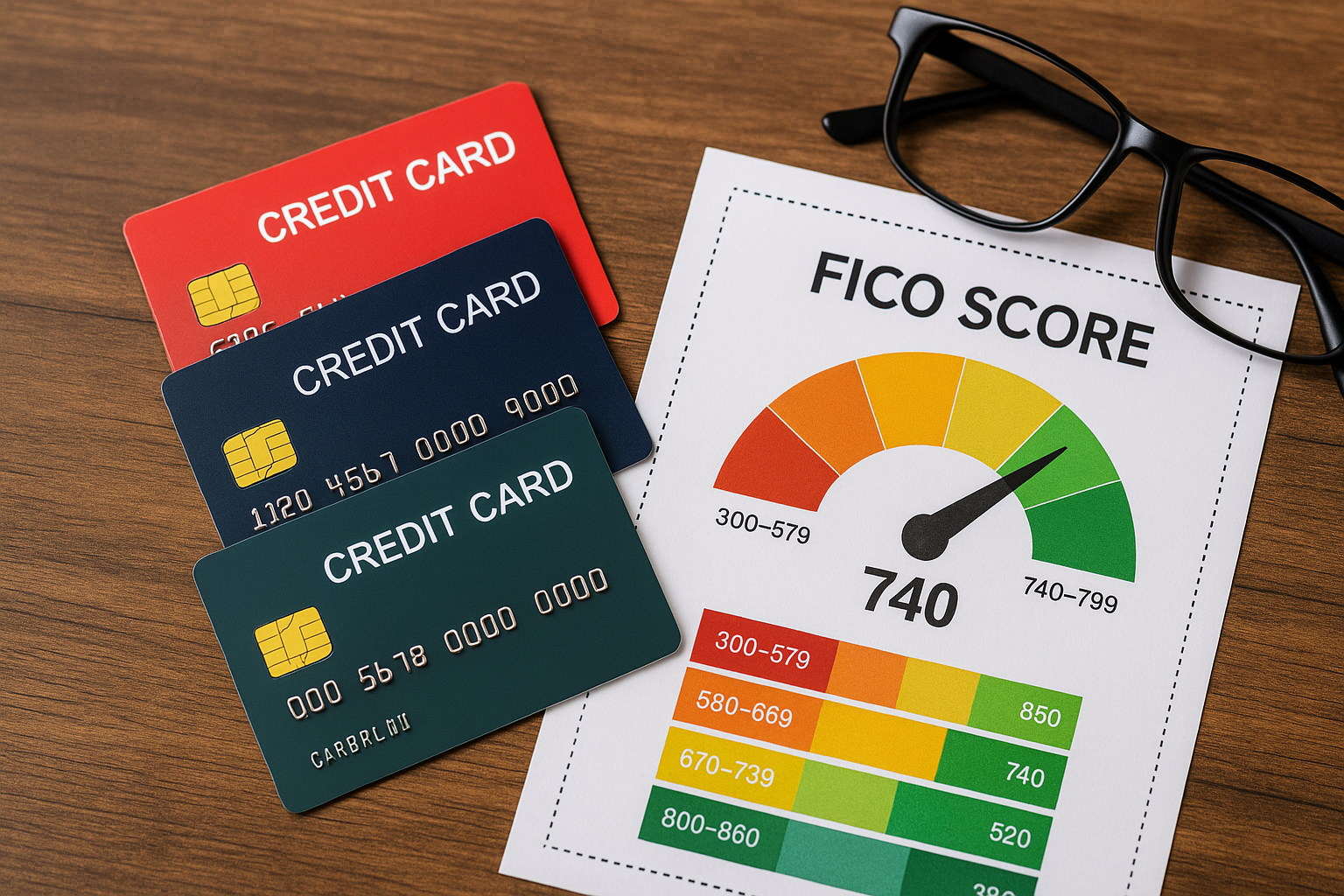Credit cards play a pivotal role in shaping your FICO score, which is a crucial metric for determining your creditworthiness. Understanding how these plastic cards interact with your credit report can offer insights into improving or maintaining a healthy score. For many, a credit card is not merely a convenience but a fundamental tool in the financial toolkit.
The FICO score is influenced by various factors, and your usage of credit cards is among the most significant. By unpacking the relationship between credit cards and your credit score, we aim to shed light on how best to manage your finances. This not only enhances your understanding but empowers you to utilize credit strategically. Whether you’re a novice or a seasoned credit user, understanding this dynamic is essential for financial stability.
The basics of FICO score and credit cards

Your FICO score, ranging from 300 to 850, is significantly swayed by your credit card habits. Payment history and amounts owed together constitute a large portion of your score. Thus, credit cards can either positively or negatively impact these elements. Making timely payments and maintaining a low balance relative to your credit limit helps improve your FICO score.
Credit utilization, or the ratio of your credit card balances to credit limits, is a critical factor. A lower utilization rate often indicates that you’re using credit responsibly, which can benefit your score. Generally, it’s advisable to keep this ratio below 30%. By doing so, you’re signaling to lenders that you can manage credit wisely.
Payment history’s influence
Payment history is the most significant factor in your FICO score, comprising 35% of it. Consistently paying your credit card bills on time is vital to maintaining or improving your score. Late payments can have a severe impact, causing your score to drop significantly.
Setting up automatic payments or reminders can help ensure that you never miss a payment. This simple action can thus safeguard your score from potential drops. It’s crucial to remember that your credit history reflects your responsibility as a borrower to lenders.
Importance of credit utilization
Credit utilization is the next significant component, impacting 30% of your score. Maintaining a low utilization rate indicates good credit management, providing a robust foundation for a healthy credit score. Keeping balances low on credit cards can significantly benefit your FICO score.
Regularly check your credit limits and spending habits to ensure that your utilization rate remains in a favorable range. Paying down existing debt also helps in lowering this rate. Consistent monitoring and managing of this ratio can lead to gradual improvements in your credit score.
Credit card age and its effects
The age of your credit card accounts contributes to 15% of your FICO score. Longer credit histories often indicate stability, which lenders favor. Closing older credit card accounts could inadvertently harm your score by shortening the length of your credit history.
Instead of closing old accounts, consider maintaining them with minimal activity to keep them active. This strategy allows you to retain the positive influence that an extended credit history has on your score. The longevity of your credit cards can thus be a valuable asset in credit scoring.
Diversifying credit types
Having a mix of different types of credit, including credit cards, accounts for 10% of your FICO score. Lenders like to see that you can handle various kinds of credit responsibly. Including a combination of credit cards, installment loans, and retail accounts can demonstrate this capability.
Diversification should be approached with caution, as opening too many accounts in a short span could negatively impact your score. Each new credit application can temporarily lower your score due to hard inquiries. Strive for a balanced credit mix instead of opening new accounts indiscriminately.
The role of new credit
New credit inquiries account for 10% of your FICO score. Each time you apply for a new credit card, a hard inquiry is placed on your credit report. This may slightly reduce your score temporarily. Frequent applications for new credit may signal financial distress to lenders.
To mitigate adverse effects, limit the number of credit card applications and ensure they’re spread out over time. Opt for cards that align with your financial needs to avoid unnecessary applications. By managing new credit judiciously, you can maintain a stable credit profile.





